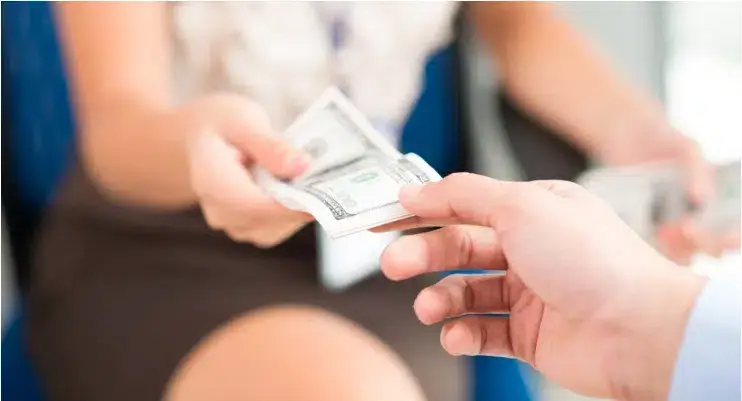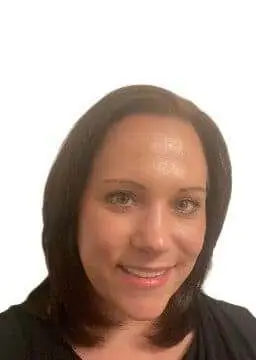
Substance abuse and addiction are serious problems in the United States. The 2012 National Survey on Drug Use and Health found that while more than 23 million people needed treatment for a substance use disorder, only 2.5 million of them received treatment. These numbers suggest that many people are in denial about their substance abuse.
The reasons for denial are complex, but one common reason people are in denial about their addiction is enabling from family and friends. As a family member or friend of a loved one struggling with a substance use disorder, it’s natural to want to help them in any way possible. Unfortunately, sometimes the steps you take may actually be enabling their addiction rather than helping them.
6 Signs You’re Enabling Drug Addiction
When you love someone, it’s easy to enable their behavior—even if you don’t realize you’re doing it. While some enabling behaviors are obvious, others are harder to recognize. Below is a list signs that you’re enabling your loved one and their substance use disorder:
You Take On His/Her Responsibilities
If you start changing your schedule to pick up the kids because your loved one is still hungover from last night or you’re completing your child’s schoolwork because they’re high, you’re enabling their addiction.
This Season, Give Yourself the Gift of a Fresh Start.
Whether you are struggling with addiction, mental health or both, our expert team is here to guide you every step of the way. Don’t wait— reach out today to take the first step toward taking control of your life.
You Make Excuses for Their Behavior
If you find yourself making excuses for why you’re loved one didn’t attend a family gathering, left an event early, or spent all night throwing up, you’re enabling their addiction. While you may feel as though you’re protecting them, you’re actually preventing your loved one from taking responsibility for their behavior.
You Avoid Talking About Addiction
Maybe you avoid bringing up your child’s prescription pill abuse because you don’t want to cause drama at home. Or you avoid mentioning your concerns to your spouse about their cocaine use in hopes it’ll go away on its own. Addiction impacts the brain in a profound way, and it’s only a matter of time before your loved one’s behavior gets worse. As difficult as it may be, the best thing you can do is to address their substance use and its effect on your relationship.
You Prioritize Your Loved One’s Needs Above Your Own
When you spend most of your time worrying about your loved one, catering to their needs, or making sure their responsibilities are taken care of instead of focusing on yourself, it’s a sign of enabling.
You Provide Help Financially
Substance abuse and addiction are expensive habits. Not only will your loved one need money to buy drugs, it’s likely that they’ll also need money to pay for necessities like gas, rent, or groceries.
You Clean Up After Their Messes
Maybe you’ve bailed your child, spouse, or loved one out of jail. Or you’ve lied to their boss about why they missed work for a week. Cleaning up after their messes only supports their addiction.
How To Stop Enabling A Drug Addict
It’s not easy to stop enabling your loved ones, especially if you didn’t realize you were doing it in the first place. Here are several ways you can stop enabling your loved one:
- Stop providing money or other means of financial support such as paying bills, covering rent, or buying groceries.
- Avoid repaying loans your loved one has accrued as a result of their addiction or providing money so they can pay back “friends” that they’ve borrowed money from.
- Avoid joining an addict in their activities, such as getting high or drinking alcohol with them.
- Stop making excuses for their behavior or helping them by calling in sick or apologizing when they don’t show up for an obligation.
- Do not do anything for them that they should be able to do for themselves when they’re sober, such as running errands or completing household chores.
- Be aware of codependent tendencies that cause you to want to rescue or save your loved one.
- Do not provide your loved one with gifts or items that they could pawn or sell for money to buy drugs.
- Do not back down on your consequences for their behavior.
- Don’t give into threats from your loved one.
- Be sure to set boundaries and stick to them. Boundaries include not bailing them out of jail, not lying on their behalf, not handling their responsibilities, etc.
Getting Your Loved One Help
Just because you’ve enabled your loved one’s addiction does not mean that you can’t get them help. In fact, the best thing you can do is to encourage them to seek treatment for their addiction. It’s not an easy conversation to have, especially with someone so close to you, which is why the team at The Recovery Village at Palmer Lake is here to help. We offer a variety of treatment programs including medical detox, outpatient drug treatment programs, partial hospitalization, and family programs. If you’re ready to stop being an enabler and help your loved one overcome their addiction, contact us today.








